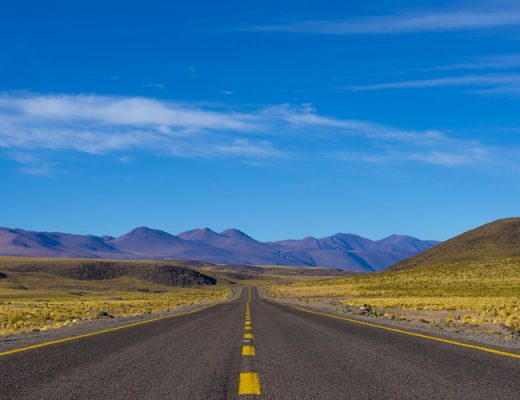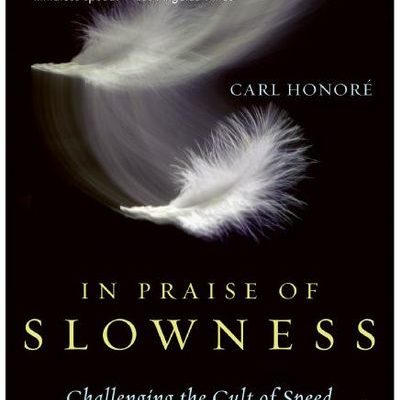How do we measure the well being or progress or quality of life? In personal as well as in social life? How do we assess the development of a country? If you ask this question it’s usually statistics which greet you. Take the case of a country. We are led to GDP figures, growth rates, foreign direct investments, share market and so on. What can be measured takes precedence over what cannot be. This is the order of the world we live in. But perhaps we may have to come out of this to arrive at more balanced views on the quality of life. In her landmark book “Men explain things to me “ American writer Rebecca Solnit introduces us to the idea of Tyranny of the Quantifiable. ( In fact, this book is most famous for a different idea altogether and I hope to discuss it sometime later ) Living in an age of various development slogans, this is an important concept. Our development or progress is always in numbers. Cost of the development or sustainability of the development does not matter. You need power and you need to build dams or thermal plants or nuclear plants. There is no doubt about it. Seldom we ask the environmental cost of it. Which are the better ways to generate power? Is there a need to balance our fragile environment with our need for power? Do we seriously think of rehabilitating the thousands of people whose livelihood and habitat affected in the process? I feel these are also important questions. My idea is not to romanticize environment as we are all beneficiaries of electricity. The simple question is everything has a cost and we must balance it. When a country frantically chases development and factories, the scientific and costly way of disposing of its garbage is a low priority. It’s very easy to dump all your effluents in the river. We are witnessing the slow death of most Indian rivers. In our number games, dead rivers do not feature much.
Take the case of Indian cities. When we kept our villages impoverished, people flocked to cities with crumbling infrastructure and the situation became worse. So now we have a peculiar situation. With the burgeoning of vehicles and haphazard construction flouting all norms, our cities remain choked and people take hours to commute. So we are back to the original question. We are developing in terms of the number of vehicles but we take more and more time to reach our destination. Green cover or quality of air is not that easy to measure and quantify as compared to the conventional parameters of development and growth. The point is what good is a city if it has everything but one cannot live? This is not just a question for Indian cities. Most of the third world is passing through this puzzle of development. I am sure that we will never be able to build a future by ignoring the silent questions of development. When the question of what is development was posed to one of the foremost experts of energy in India Shri. EAS Sharma, he identified the following criteria. i) it should facilitate the discretionary power of man ii) it should not curtail his ability to question iii) it should respect his right to choose iv) it should aim the progress of all people on earth and finally it should ensure sustainability of man and nature. I think this is a pretty comprehensive summing up.
Coming to our personal lives too, I think these matters. In the present, this question matters above everything else. When professional achievements do not make you happy and reward you with peace, it is time you realize that something is amiss. How many consider, a happy family life which cannot be quantified is a very important ingredient for personal satisfaction. How many consider an ability to sleep peacefully every day is as good as a good salary? How many consider little free time to do things we like is as important as an annual increment. What exactly we are after? Let me close this with the concern of Solnit.
The concern of precedence of private profit over public good, speed and efficiency over enjoyment and quality, the utilitarian over mysteries and meanings and things that survive beyond us .
A time has come to define development afresh. We must see the man in his totality. Only such a development model can sustain us in the long run. A model where numbers do not define contours of development.







No Comments